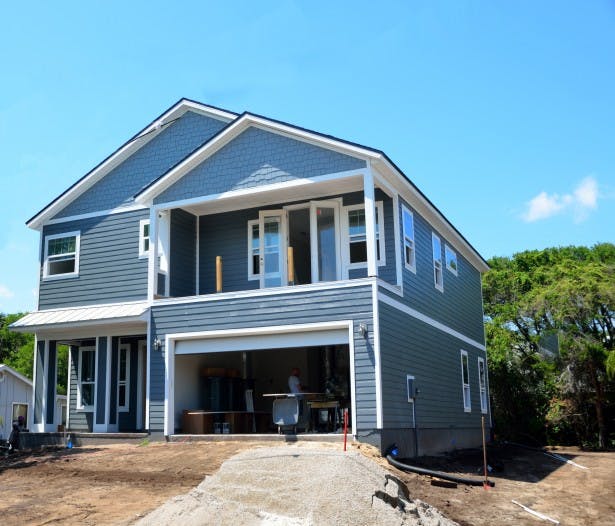Real estate in Canada continues to look up. Even though Toronto has fallen behind in the race, western provinces are sprinting ahead at a national level.
New data released in October by the Canadian Real Estate Association points out that residential home sales in western Canada registered success for seven months in a row. Metro Vancouver and Calgary registered sales growth of 5.9% to 2.1% respectively. On the other hand, Toronto lagged behind, Montreal remained the same spot and Ottawa expanded at a reasonable pace.
Borrowing costs were less as home buyers adapted to the strict new mortgage rules set in early 2018. New taxes on foreign buyers have impacted the market in both Vancouver and Toronto but real estate GDP in Canada is back to contributing heavily to economic growth, along with construction.
The housing sector had dipped over the past two years before 2019 but has picked-up to lead the country in economic growth, rising by 1.8% from 2018 when only 0.6% growth was registered. Construction and the demand of condominiums are on the rise in Vancouver with a large number of on-going projects pre-sold already.
Real estate experts say that part of the reason is the easy five-year mortgage rates that hover between 2.5 to 2.6%. Condo prices are more affordable in Metro Vancouver with a dip of 10% and home prices are stable now. Employment has gone up over the last year so more buyers are investing in a roof over their heads. Rental growth has meanwhile gone up by 4 to 4.5%. In 2020, the trend is expected to continue in western Canada across Metro Vancouver, Victoria, Abbotsford and Burnaby.
Though Vancouver, Calgary and other western cities have lower home prices than a year ago, the noose on central Canadian markets is tightening, constricting sales. Toronto’s prices are up 5.6%, while Montreal’s rose 7.5%. Prices in Ottawa are up 10.3%.
Statistics Canada reveals that gross domestic product (GDP) has been climbing since last May, up by 0.43% from April 2019, and 2.67% from last year. This is driven largely by the sharp growth in real estate and construction touching $1.97 trillion. This was far higher than what analysts expected with real estate, rental and leasing revenues hitting $250.69 billion in May. The GDP does not include the financing and construction aspects of real estate.
Residential real estate makes up $49.62 billion of the total GDP amount. A record number of constructions represented 27.06% of GDP growth, including 80% of new residential construction. Together, real estate and construction took up as much as 51% of the monthly growth in May, proving to be major drivers of the economy, untouched by slower sales.
Cherry Yeung Real Estate, Burnaby
Market trends keep changing and investment can be time-consuming and complex. Let Cherry Yeung and her team help you make real estate matters simpler, quicker and easier. Whether your focus is on property sales, property buying, home renting, long term investments, furnished accommodation, commercial space purchase or property management, we bend over backwards to meet your goals. Get in touch with Cherry Yeung for rewarding solutions.



